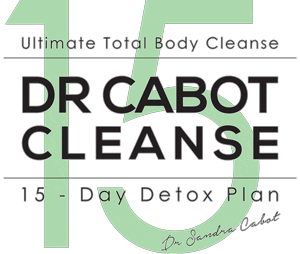The Great Debate: Fat vs Sugar
By Louise Belle BHSc (Nut Med)
We live in a society where we are constantly exposed to conflicting health information from the media, health coaches, online blogs, the 5-star rating system, and food labels that use misleading words such as ‘fat-free’, ‘organic’, and ‘natural’. There is a constant movement between different diet fads where we are made to believe that following a certain type of diet is the way to go, only for a new trend to take its place shortly after. I think that the greatest debate is between fat and sugar. Should you choose low-fat products to prevent heart disease or choose low-sugar products to prevent diabetes? Which is worse for you? Should you avoid them completely?
Let’s start with fat:
For over 40 years, we have been scared into thinking that if we eat too many eggs, or use too much olive oil that we will end up with heart disease. This caused an influx of low-fat and fat-free products to hit the shelves, with consumers choosing low-fat versions of their favourite foods in fear of having too much cholesterol. The reality is, these low-fat products usually have added sugar to make up for the lack of fat and they are less likely to fill you up. This may shock you, but cholesterol is actually beneficial. Our bodies need cholesterol to make hormones, vitamin D, bile salts and it is neuroprotective (protects our brain!).
The ‘good’ unsaturated fats are rich in Omega 3 fatty acids, have anti-inflammatory properties, support healthy joints, improve cognition, nourish the skin, support healthy cholesterol (HDL) and maintain flexible veins and arteries. These good fats are found in fish, nuts, seeds, avocado, olives and olive oil and eggs. You can get these good fats in EPA-DHA capsules. The ‘bad fats’ which are trans fats and some saturated fats are the ones that increase bad (LDL) cholesterol, cause inflammation in the body and are a risk factor for heart disease. These types of fats are generally unstable and damaged, including cooking oils, margarine, deep fried foods, biscuits and processed and preserved meats.
Now, let’s talk about sugar:
Food companies sneak sugar into most processed products, often disguising it under other names such as glucose, high fructose corn syrup, golden syrup, rice syrup and dextrose, so the average reader is unaware. Have a look at those muesli bars that you buy- some of them contain three, four or even five different forms of sugar, listed under these alias names. You may not realise that the white bread, white rice and white pasta you consume on a regular basis are also sugars. When these are digested, they cause a spike in blood glucose levels just like sugar would. Fruit is a little different, as it is high in fibre which slows the absorption of the sugar and is also packed with nourishing vitamins, minerals and antioxidants, offering a lot of health benefits.
When sugar is consumed it is rapidly absorbed in the blood stream and causes a surge in blood glucose. To counteract this, excess insulin is secreted which causes blood glucose levels to drop. You then crave another hit of sugar for energy and the cycle continues. Some of the sugar is used as an energy source, but the excess sugar is broken down by the liver and stored as fat. The regular exposure of excess sugar leads to insulin resistance and is a risk factor for type 2 diabetes. It is also inflammatory to the body, can contribute to high blood pressure, supress the immune system, cause dysbiosis in the gut and can cause excess weight gain. Sugar offers no health benefit to your body.
It is important to note, that just because something is labelled as ‘sugar free’ does not mean that it is healthy for you. Many of these products contain artificial sweeteners that are accompanied by their own negative health effects. Products that contain natural sweeteners such as stevia, maltitol, erythritol and inulin are safe to use. These are combined together in Nature Sweet Sugar Substitute, which acts as a great alternative to using sugar in your beverages or baking.
So, what’s the verdict?
Fat vs sugar, which is worse for your health? I think it’s pretty obvious at this point, that sugar takes the cake. With no health benefits and a range of potential health complications that may arise from regular sugar intake, a transition towards fat and away from sugar should be priority. If your daily diet looks something like this- white toast with jam and a tea with sugar for breakfast, a sandwich and flavoured milk for lunch, pasta with a side of soft drink for dinner, and a few biscuits or a chocolate bar as a snack, then you should really make adjustments to your diet. Don’t be afraid to eat eggs for breakfast, put avocado and olive oil in your salad, or to snack on a handful of nuts- good fats are good for you!
Read Dr Cabot’s books – Diabetes Type 2 You Can Reverse It Naturally, Cholesterol The Real Truth and I Can’t Lose Weight and I Don’t Know Why for more information.






